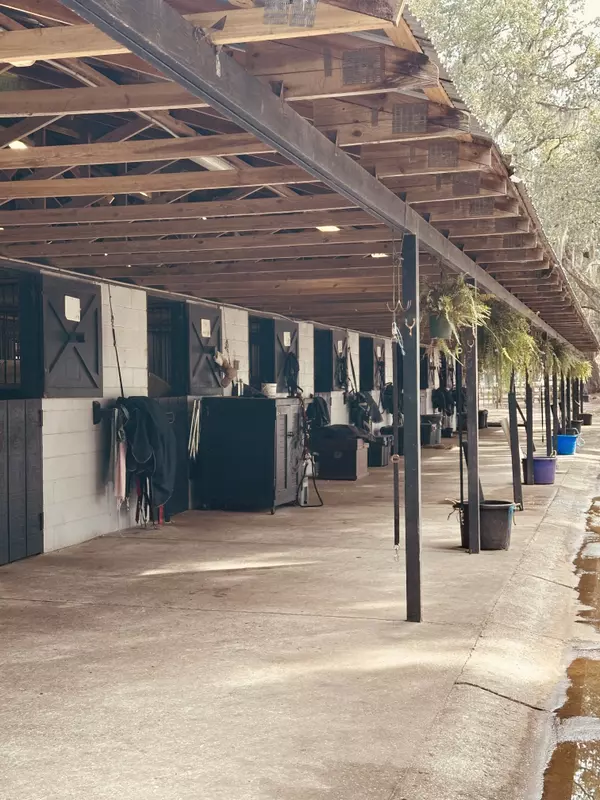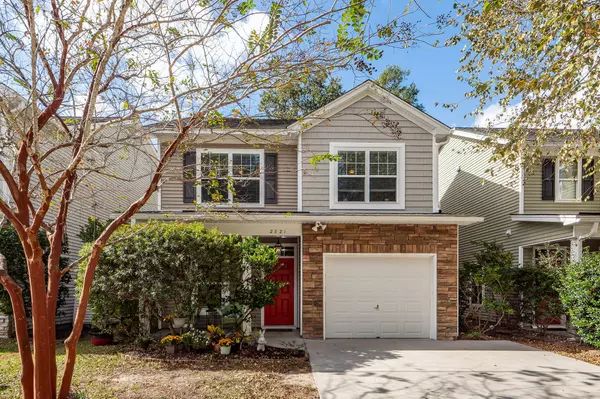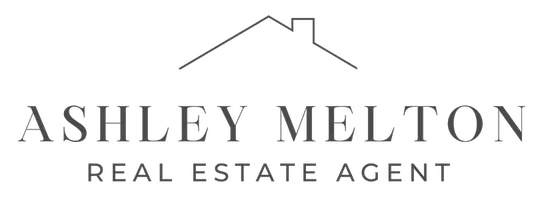The Home Closing Process Step-by-Step
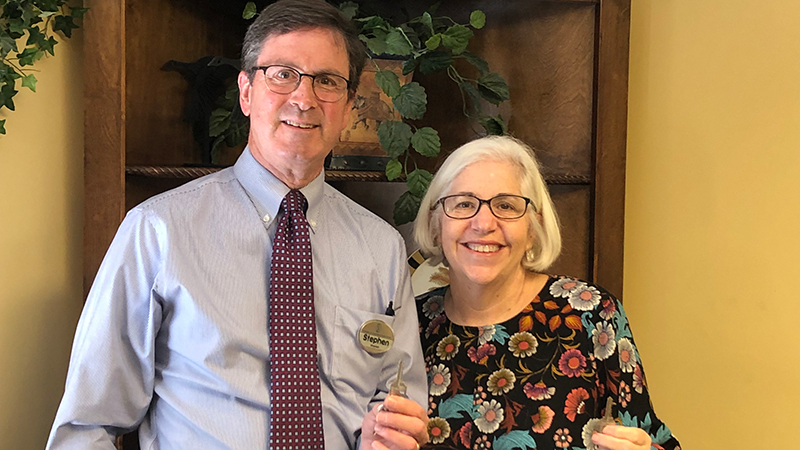
When buying a home, there are dozens of steps involved in the closing process. Some of them are easy to miss, while others are critical to making sure everything goes smoothly. In this guide, I’ll walk through each step of the closing process and explain what each step means.
Buying a house is a big deal. There are tons of things to consider and to keep track of, and If you’re new to the real estate market, you may not know where to start.
This guide will help you navigate the entire home closing process so that you don’t miss anything important. We’ll cover all the major steps, including the final walkthrough up to getting the keys to your new home.
What is a home closing?
A home closing is truly the final step in a home transaction. It's a legal transaction that transfers ownership of real property from seller to buyer. In most states, this occurs when all parties sign a contract for sale and purchase, and the deed is delivered to the buyer.
Is a home closing necessary?
There's no getting around it, a home closing is essential for any real estate transaction to be legally binding. That being said, it's important to understand what happens when you close on a property so there are no surprises. Let's start with some basic terminology.
Important terms to know regarding the home closing process
Escrow
Escrow is the legal arrangement where a third-party escrow company holds money or property until a condition has been met. In real estate, it protects the buyer's good faith deposit.
Title Search
A title search is an examination of public records to determine and confirm a property's legal ownership, and find out what claims or liens are on the property. (Investopedia.com)
Title Insurance
A type of insurance that protects the home buyer and lender against any unknown liens or debts that may be placed against the property.
Closing Costs
Fees associated with completing a real estate transaction. These fees may include attorney fees, document creation, a credit report, or deed recording. There are also closing costs from the lender.
Pre-Approval
A mortgage lender's written statement that the approved person(s) will be granted a loan for a set amount pending underwriting approval. Getting a pre-approval letter can strengthen a buyer's offer, making it more attractive to a seller.
Closing Attorney
According to RocketHomes.com, a closing attorney is responsible for organizing and overseeing the closing of a real estate transaction, as well as preparing the necessary paperwork and contracts. In some states, a closing attorney must be present during closing.
Contingency
Contingencies are conditions that must be met by either the buyer or the seller for the purchase agreement and transaction to continue to escrow.
Earnest Money
A deposit made to a seller representing a buyer's good faith to buy a home. The money gives the buyer time to get financing and conduct the title search, home appraisal, and inspections before closing.
Final Walk-Through
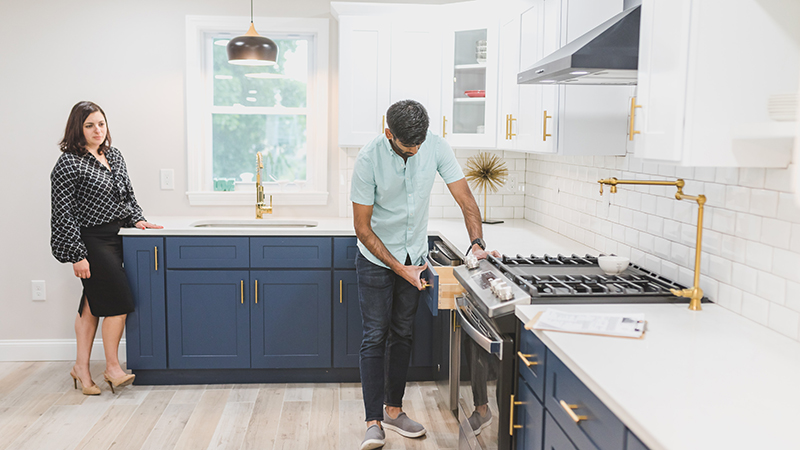
Photo by RODNAE Productions from Pexels
The final walk-through is when the buyer and their real estate agent do a final inspection of the home before closing. In the case of my clients, I’ve already verified that the repairs have been done at this point. I’m making sure the home is in the move-in condition agreed upon in the contract, in addition to making sure the items to convey are in the home.
All the steps involved in a home closing
Now that you're a bit more familiar with the terminology involved in a home closing, let's go step-by-step through the order of events that happen so you'll be best prepared for your big day.
1. Ratify the Contract
Once the buyer's offer on the purchase price of the home is accepted by all parties, the purchase contract is considered ratified, but not yet executed. This is one of the first steps toward closing
2. Provide Ratified Contract to the Lender
Once the contract is ratified, it needs to be provided to the lender so they can begin the finalization of the loan. In addition to the ratified contract, the lender will need the contact information for the closing attorney and your homeowner's insurance as soon as possible.
3. Schedule inspections
Once the ratified contract has been provided to the lender, it's time to schedule your inspections for the home. These include the home inspection, the CL100 (Inspection for termites), and any other inspections that are needed in your area.
>RELATED: What to Expect From a Home Inspection in Charleston, SC
4. Shop for Homeowners Insurance
For cash buyers, it’s not a requirement. However, for buyers seeking conventional loan options, homeowners insurance is required for closing and for your lender to finalize your loan. It's important to choose an insurer that provides the appropriate coverage for your home's needs and the area you'll be living. Consider things like flood insurance depending on your flood zone, etc.
5. Schedule the closing date with the real estate attorney
Next, it's time to put your official closing date on the calendar. You'll contact the closing attorney and put a date on the calendar to sign the closing documents. At this point, you'll also provide the ratified contract to the attorney, as well as the mortgage lender and homeowner's insurance contact information as well. Once the attorney has the insurance agent's info, they'll communicate about what's needed.
6. Set Up an Escrow
When you buy a house, once you’re under contract you usually set up an escrow account at an independent third party to hold the money until the sale closes.
An escrow is a bank account that holds funds until they’re transferred to another account. In the case of a house purchase, the escrow holds the buyer’s down payment until the seller receives the full amount from the mortgage company.
Your attorney will set up all necessary escrow accounts so this is something you won't need to handle yourself.
7. Loan Approval & Clear to Close
Once the lender approves the loan and you have a "Clear to Close", the lender sends the document package to the closing attorney.
8. Closing Statement
Once the closing attorney puts together the closing statement, it goes back to the lender for approval.
The buyer should receive the closing statement prior to closing and should review it for accuracy. The closing statement will show the funds required for closing so you can prepare for the next step.
9. Buyer Wires funds to the closing attorney's office
You'll be required to pay all fees upfront when purchasing a property. This includes any escrow funds, loan origination fees, title insurance, etc. The closing statement you receive from the closing attorney will list everything you'll need to pay for in detail. Typically, the funds will be wired, but you won't pay with a personal check. Most of the attorneys I work with don’t accept cashier’s checks anymore, but this can vary in other areas.
10. Final Walk-Through
I always prefer to do the final walk-through just before heading to closing. The final walk-through is a crucial part of the home buying process. It helps you ensure that everything is in working order before you close. During the walk-through, you'll inspect the home room-by-room to ensure any agreed-upon repairs have been completed and that there have been no items removed from the home that shouldn't be.
11. Review all loan documents
After the final walk-through, you'll make your way to closing assuming there are no additional concerns that have popped up during your visit to the home.
There's no way around it, you're going to be given a LOT of documents, and as tempting as it may be to speed through them to get your keys and start moving into your new home, you must review all loan documents before signing any agreements. These include items such as the deed of trust or mortgage, the repayment schedule (how much you’ll pay every month), promissory note, and closing disclosure.
Make sure you review these documents closely to ensure everything is correct. If you notice any discrepancies at all, don't sign the document until it's resolved.
12. Attorney distributes funds
Once all the documents are reviewed and signed, the closing attorney will distribute the funds to all appropriate parties.
Here is a list of the most common distributions:
- Loan proceeds
- Title insurance policy
- Any outstanding bills, such as repairs, etc.
- Real estate commissions
13. Get the keys to your new home!
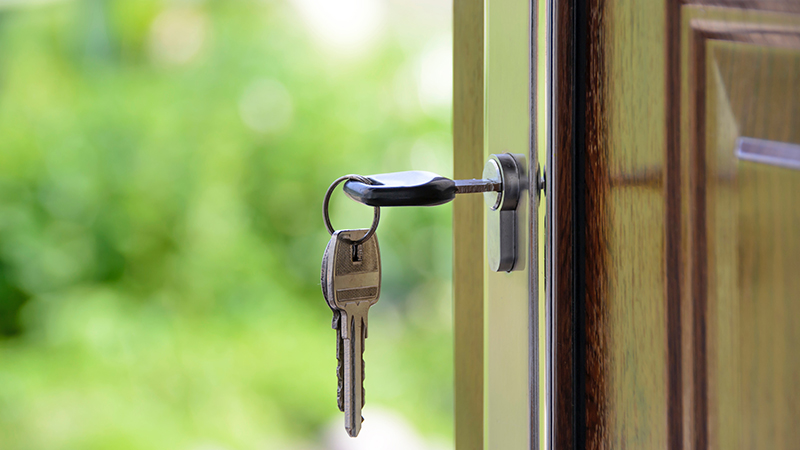
Photo by PhotoMIX Company from Pexels
Once all the above steps have been completed, you'll be given the keys to your new home!
Frequently Asked Questions about home closings
What do I need to have with me on closing day?
A photo ID, any outstanding documents needed by the title company and mortgage lender. Cashier's check or wire transfer to cover closing costs.
Where does the closing happen?
You'll typically meet at the attorney's office and sign all your documents in a conference room.
Who will be at the closing?
Typically, the buyer, attorney, and mortgage lender will be present. In some locations, the seller and their representatives may also attend but usually, this is done separately, or the seller pre-signs all the required documents to complete the transaction.
How long does it take to complete the closing process?

Photo by RODNAE Productions from Pexels
Depending on if any issues arise during the walk-through that need to be addressed, closings will take some time because of all the paperwork and signatures required. And as I mentioned before, it's important that you understand what each document says and that you're comfortable with the contents before you provide your signature. Don't feel pressured to sign everything quickly - this is a big financial commitment so you don't want to be caught off guard by something at a later date.
From walk-through to being handed the keys, I would set aside several hours to complete the process.
Is there anything that can cause delays in a closing?
While it's always the hope that everything goes smoothly on closing day, delays can happen. There are several things that can come up to delay the process you should be aware of:
Appraisal discrepancies
Comparable home sales are used to estimate the home's value. Because home prices have increased at such a rapid pace, appraisals can sometimes not reflect the market and come in lower than the offer price.
If this occurs, there are a few options you can consider. The first is to try and renegotiate with the seller and ask them to lower their purchase price to match the appraisal. You can pay the difference to make sure the deal goes through or you can walk away from the sale completely.
Large purchases before closing
Even if you came into the home buying process with a pre-approval letter in hand, the entire deal could fall through if you lose the financing to your mortgage loan. Making large purchases, opening credit cards, or anything that changes your financial health could jeopardize your loan application.
>RELATED: Top 10 First-Time Homebuyer Mistakes to Avoid
Inspections and repairs
Home inspections and the repairs that result are other potential hold-ups. Minor repairs are typically negotiated easily in the purchase contract with either closing credits to the buyer or the seller taking care of them as a stipulation of the purchase. However, large issues that arise such as foundational defects or insect infestations are costly and can cause tension in the negotiations over whether the seller will address them or not.
Walk-through concerns
While doing the final walk-through of the home, you may notice an agreed-upon repair wasn't completed or damage to the home occurred while the seller was moving out. In addition, you may find an item that was supposed to convey is missing. These situations will require time to resolve before your closing can occur.
Document concerns
And finally, while reviewing the closing documents to sign you may come across something that needs clarification or doesn't add up. There will be a lot of documents to contend with but it's important you ask questions if you're unsure of something.
Final Thoughts
While there are a lot of moving parts to contend with to finalize the closing on a home, I hope this outline has helped to clear up some of the mystery and relieve some of the stress you may be feeling. The most helpful thing you can do is to find experienced real estate professionals to work with on this process. Getting referrals from friends and family to help you choose the best real estate agent is a great first step as they'll have a fantastic network of attorneys, lenders, inspectors, and more to help you through the entire process.
Are you ready to take the next step in your home journey? Contact me today and ask any questions you have about your home needs - I'd love to help.
Categories
- All Blogs (55)
- Charleston, South Carolina (13)
- First-Time Home Buyers (13)
- Folly Beach, South Carolina (12)
- Goose Creek South Carolina (1)
- Home Appraisals (2)
- Home Buying (34)
- Home Inspections (2)
- Home Maintenance (3)
- Home Selling (14)
- James Island, South Carolina (3)
- Mount Pleasant, South Carolina (3)
- New Home Construction (1)
- Summerville, South Carolina (1)
- West Ashley, South Carolina (3)
Recent Posts

